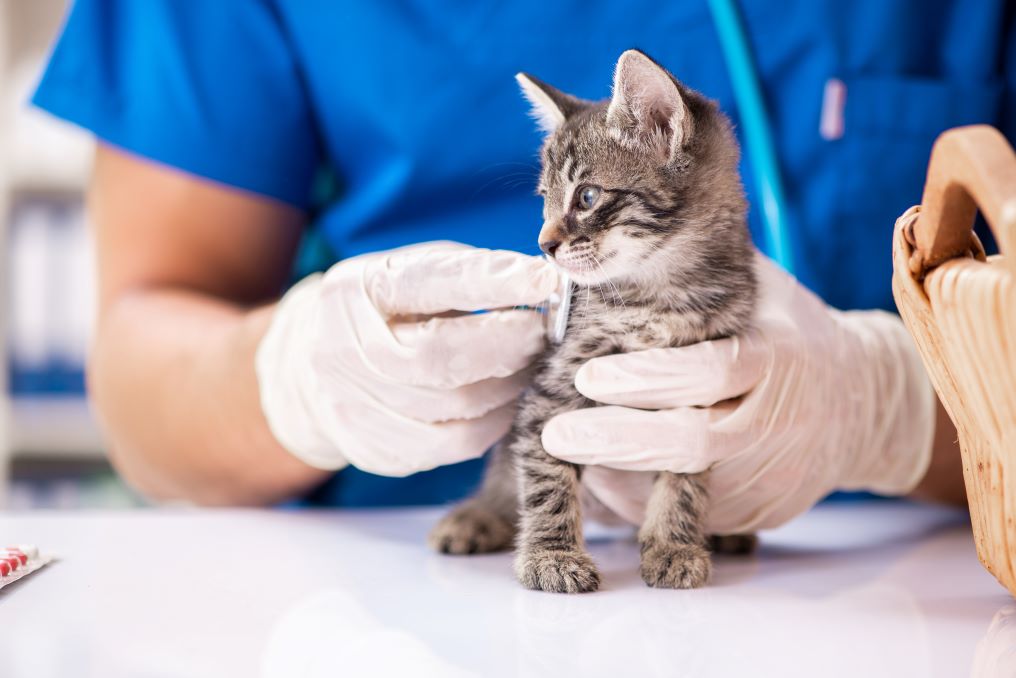Welcoming a litter of newborn puppies into your home is a wonderful occasion, but it comes with significant responsibilities. Ensuring the health and well-being of these tiny bundles of joy requires careful attention and care. In this guide, we’ll walk you through the essential steps and practices for caring for newborn puppies.
Preparing for Newborn Puppies
Before the puppies arrive, it’s crucial to prepare a safe and comfortable space for the mother and her litter. Here are the initial steps:
- Create a Whelping Box:
Designate a clean, quiet area for the mother dog to give birth and care for her puppies. A whelping box with low sides and soft bedding is ideal. Make sure it’s draft-free and away from high-traffic areas.
- Gather Necessary Supplies:
Collect essential supplies, including clean towels, a digital thermometer, puppy-safe heating pads or heat lamps, puppy formula (in case it’s needed), and a scale to monitor the puppies’ weight gain.
- Establish a Vet Relationship:
Establish a relationship with a veterinarian experienced in puppy care. This is crucial for regular check-ups and emergency care if needed.
The First Few Days:
The first few days of a puppy’s life are critical for their survival and development. Here’s what to expect and how to care for them:
- Ensure Proper Nursing:
The mother’s milk provides essential nutrients and antibodies for the puppies. Make sure they are nursing regularly and gaining weight. If a puppy isn’t nursing or gaining weight, consult your veterinarian.
- Maintain Proper Temperature:
Newborn puppies are unable to regulate their body temperature, so it’s essential to keep them warm. Provide a heating source in one area of the whelping box and allow the mother to move the puppies to the warm or cooler area as needed.
- Monitor Health:
Regularly check the puppies for signs of illness or distress. Ensure that their umbilical cords are clean and free of infection.
Weeks 1-3:
As the puppies grow, their needs evolve. Here’s what to focus on during weeks 1 to 3:
- Continue Nursing:
The puppies should continue nursing from their mother. Their eyes will begin to open, and they will start to crawl and interact with their siblings.
- Puppy Stimulation:
To aid in their development, gently stimulate the puppies’ elimination by using a warm, damp cloth after each feeding. This simulates the mother’s cleaning process.
- Early Socialization:
Start gentle handling and early socialization with humans. This helps the puppies become well-adjusted and comfortable with people.
Weeks 3-8:
As the puppies become more active and independent, their care becomes more involved:
- Introduction to Solid Food:
Gradually introduce a high-quality puppy food soaked in warm water. This helps them transition to solid food. Consult your vet for guidance on the best food for your puppies.
- Regular Vet Check-Ups:
Schedule regular vet check-ups, vaccinations, and deworming appointments as recommended by your veterinarian.
- Continued Socialization:
Expose the puppies to various people, environments, and experiences to promote well-rounded socialization.
- Finding Loving Homes:
Screen potential adopters carefully and ensure they are prepared to provide lifelong care for the puppies.
Caring for newborn puppies is a rewarding yet demanding responsibility. Providing proper nutrition, warmth, healthcare, and early socialization is essential for their development and well-being. Follow our comprehensive guide and consult your veterinarian to make sure your newborn puppies grow up to be healthy and happy companions.




